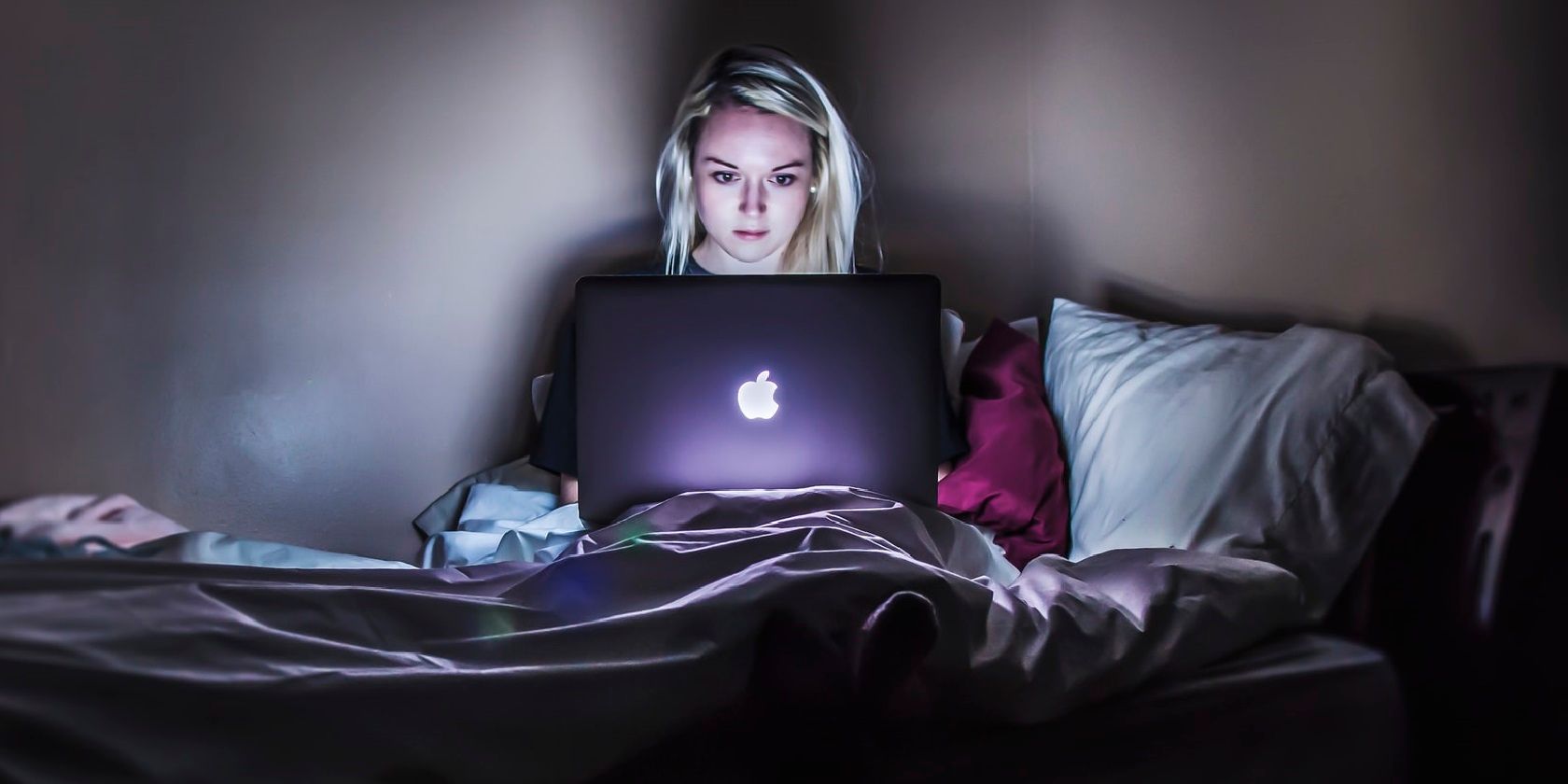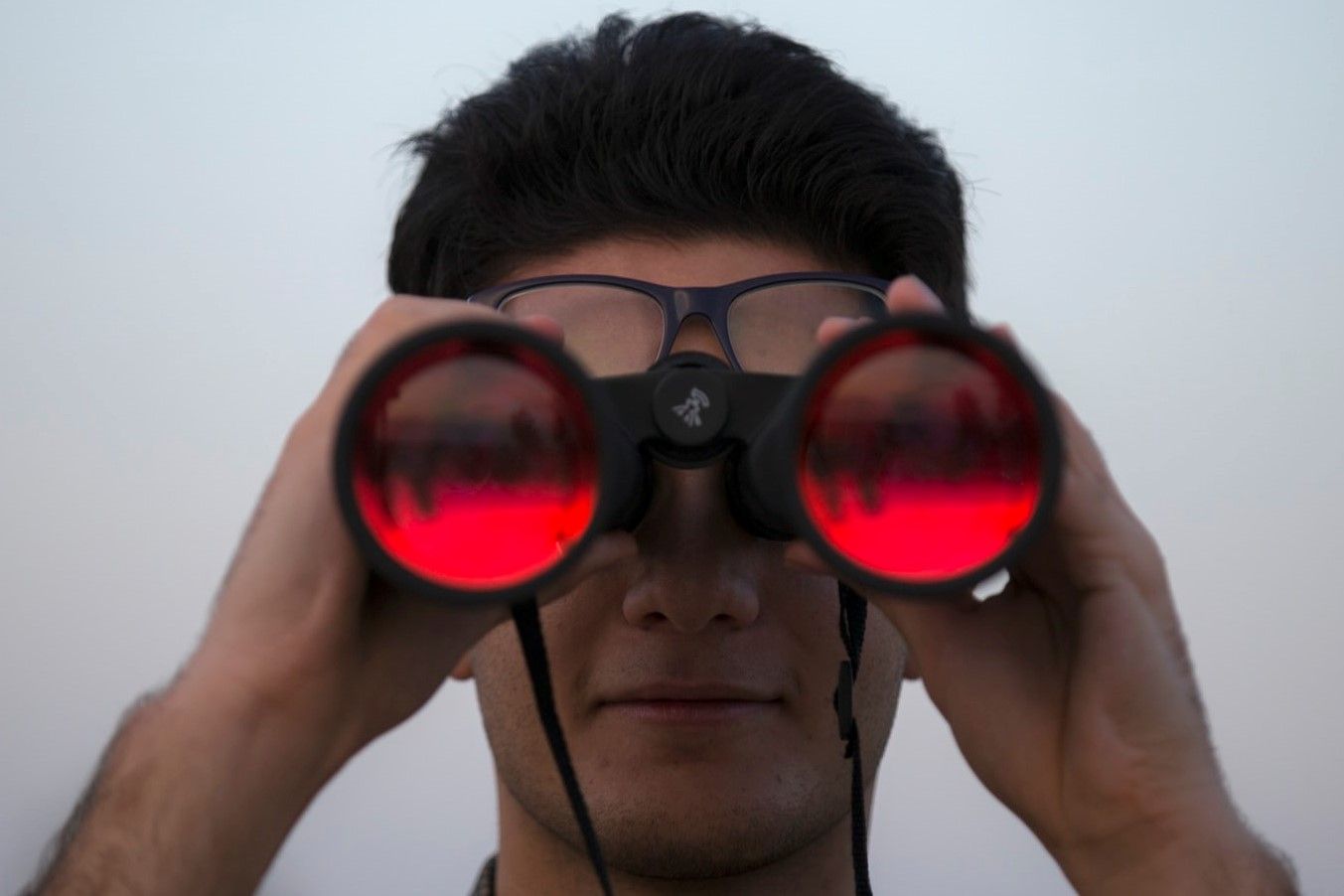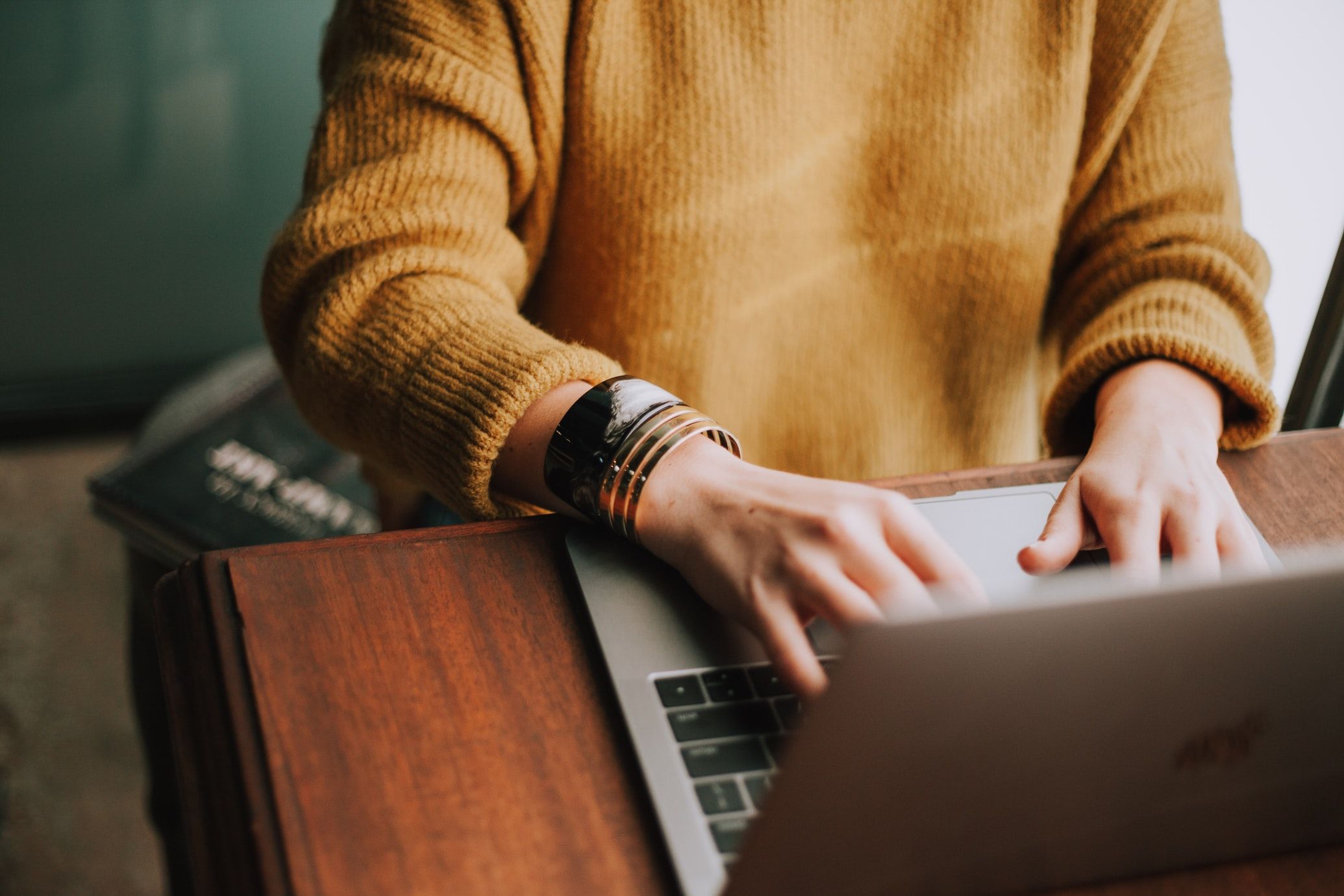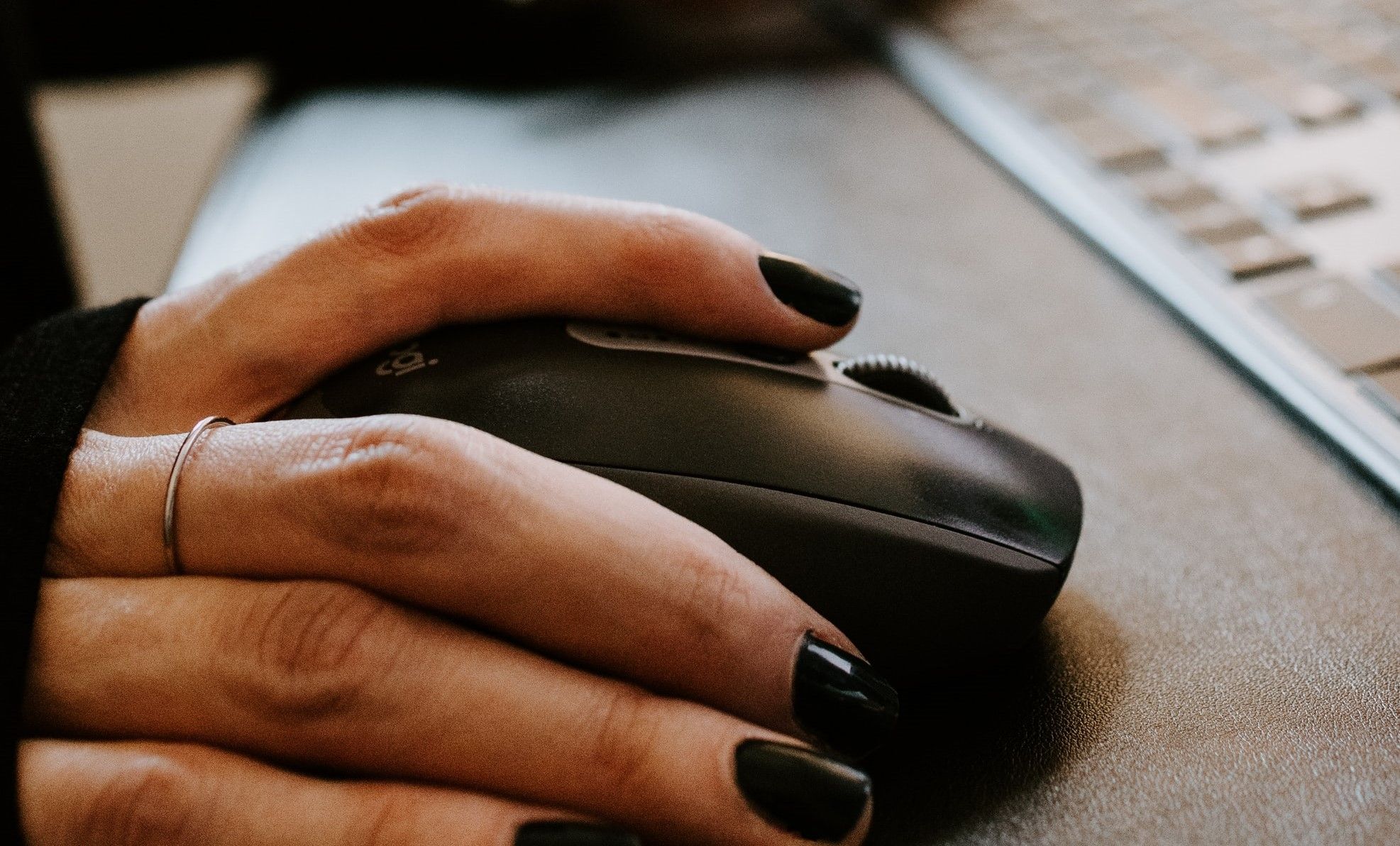Legal issues like photo theft are a sad fact of life in our digital world. If you share photos online, chances are, at some point, you'll have at least one of your images stolen without a whiff of credit or thanks.
That glass-half-empty outlook shouldn't stop you from sharing snapshots of your cat online, however. There are steps you can take to protect photos from being stolen.
How to Tell if a Picture Is Stolen
There are a few ways you can keep an eye out for stolen photos or photos being used without permission online. Some are more proactive than others.
Do a Reverse Image Search to Detect Stolen Images
If you suspect that others are stealing photos from you, you can conduct a reverse image search to see where unauthorized copies could be hiding. If you have a lot of photos online, this could be something that you need to do on a regular basis.
There are several services you can use. Google Images is probably the best known of the bunch. Another reverse image search engine worth checking out is TinEye. There are also several ways to conduct mobile reverse image searches for image protection.
You can either upload your image to the Google Image search engine or paste a link to the copy you've shared online. Just be sure to use the image URL that ends in JPG and not the page URL itself.
Use an Online Monitoring Service
If you've uploaded many photos, you can try a service that monitors the use of your photographs online. Pixsy is one of the few services in this category that offers a free plan, with image protection of up to 500 photos.
In addition to image monitoring, the company can work on your behalf to recoup any lost income from your stolen images. They will, however, charge a service fee of up to 50 percent of what they secure.
How to Prevent Your Images From Being Stolen
Before hunting down stolen copies of your photos, there are a few steps you can take to make it harder for people to steal them in the first place. Proving ownership isn't always easy if you aren't proactive before the theft.
Register Your Images
There are several ways you can register your images to prove ownership and prevent image stealing. If you're willing to go toe-to-toe with an image thief, there's no better line of defense to have in your corner than the United States Copyright Office.
For a small fee, you can have your image or images protected by a copyright; indisputable proof of your ownership. The battle will be over before it starts.
Lenstag is known for helping photographers recover stolen gear, allowing them to register cameras and lenses on the site to prove ownership. And they also offer a similar image protection services for your photos.
Watermark Your Images
Watermarks are an eyesore, but they might be able to deter potential photo stealers before they actually steal anything at all. A small and unobtrusive watermark is easily cropped out, so think about placement and how to best cover yourself. You can add watermarks using Photoshop or any other image-editing app.
If you're worried about images on your personal site being stolen but don't want to compromise on image quality, a subtler watermark might be your best bet.
In either case, you should make the watermark difficult for a photo stealer to remove.
Crop Part of the Image
If you're worried about proving to future arbiters that the original photo is indeed yours, you could crop out a small portion of the photo before you publish, proving originality with continuity.
Prevent Hotlinking
Anti-hotlinking measures protect images from being displayed on another site. They don't prevent a thief from simply saving and republishing your images, however. To protect photos from being downloaded, consider using the HTACCESS method.
Disable Right-Clicking
Does disabling right-clicking prevent someone from taking a screenshot of what they want? No. But it does give them a few more hoops to jump through in order to steal photos in the first place.
Add Your Information to the Metadata
To prove ownership of your images, you can also add your info to the metadata of your photo. While this is something that can ultimately be removed, it's an easy layer of security to add.
You can add your copyright information using several Adobe products; Lightroom is the most convenient option for adding metadata to photos.
What to Do When People Are Stealing Images From You
There's always going to be someone out there who will find a way to steal images from you, despite your best efforts. There are a few things you can do, but, unfortunately, most of them are prohibitively expensive.
File a DMCA Notice
Even if you don't use an image registration service, you can reach out to social networking, photo sharing, and e-commerce sites to file a DMCA notice if your image is being used without your permission. Each site has its own process and DMCA requirements.
Here are a few links to copyright rules and guidelines for the most popular image sharing sites:
If a photo thief is sharing the images on a personal website, you can file a DMCA notice with their ISP instead.
Send a Cease and Desist Letter
You can send the letter yourself or hire a lawyer to send it for you. The latter will cost a lot; by that point, you may simply opt to cut your losses and instead pay to get your content into an online monitoring system.
File a Copyright Infringement Lawsuit
This is the most extreme and likely the most expensive option available to photographers, and the process can be long and excruciating. You would have to file a copyright infringement lawsuit in federal court against the person stealing images from you.
The United States Copyright Office offers some information on who to contact when considering a copyright infringement lawsuit. You'll need a lawyer to help you navigate everything and to represent you.
The Ultimate Solution to Stolen Photos
There's only one way to completely avoid the possibility of your photos being stolen: choosing to never even upload them in the first place.
If you take a few preemptive steps before you publish, however, it'll be much more difficult to steal photos from you online. Share your work with the world, worry-free.




